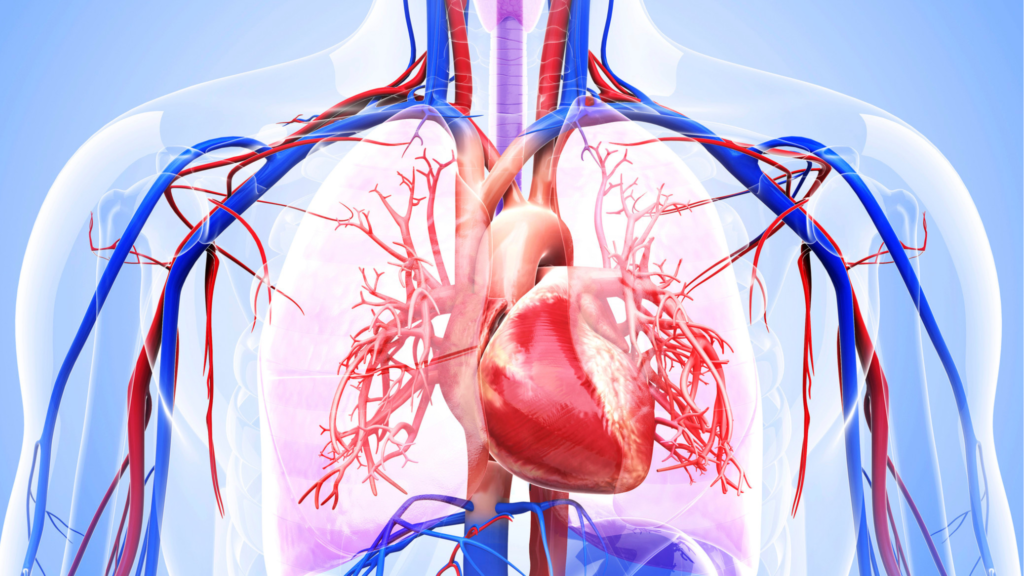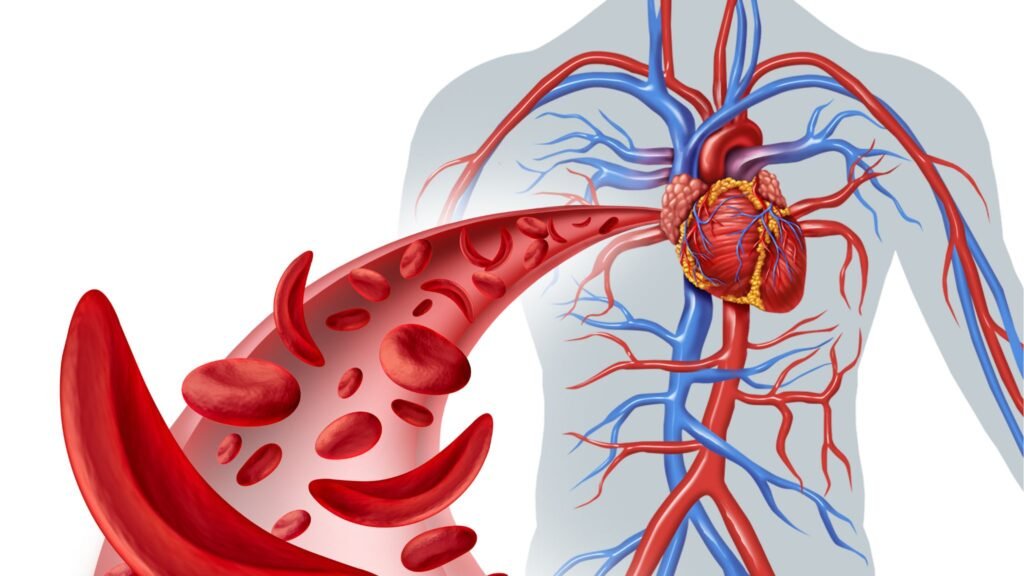Probiotic IKU Supplement: A Guide to Digestive Health
Probiotic IKU Supplement: A Guide to Digestive Health In today’s fast-paced world, maintaining a healthy gut is essential for overall well-being. This is where probiotics come into play. Probiotic supplements, such as Probiotic IKU, have gained popularity for their potential benefits in digestion and gut health. In this blog post, we will explore what probiotics are, […]
Probiotic IKU Supplement: A Guide to Digestive Health Read More »





